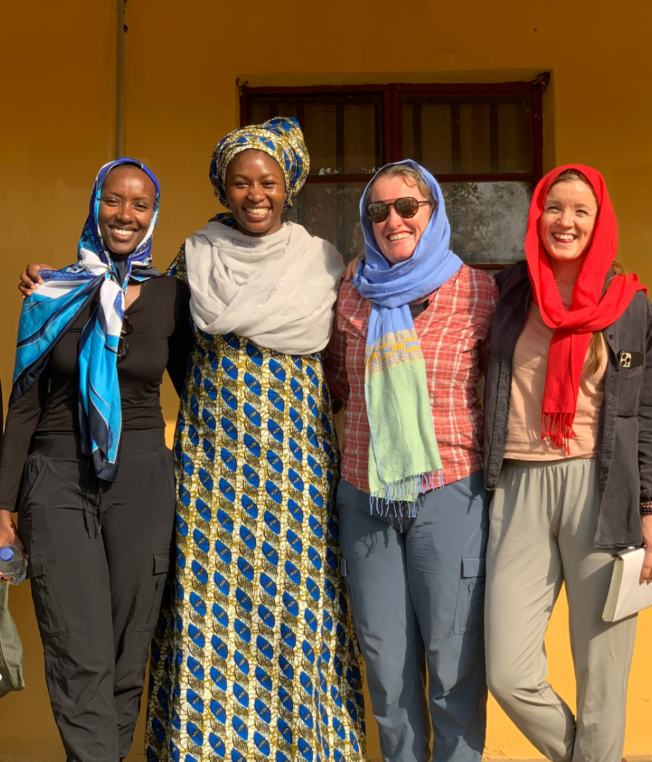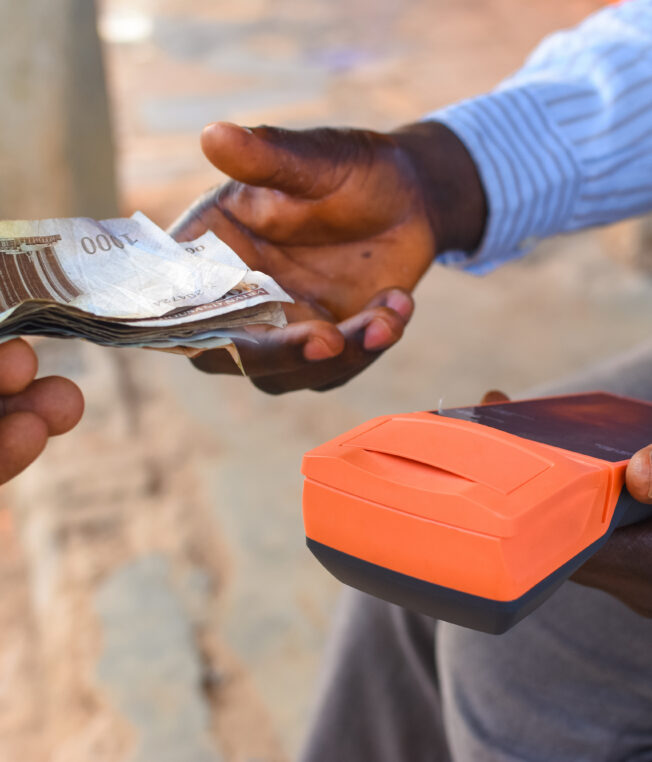Câm launches Cattle Vaccination Campaign
This month, we completed our first vaccination campaign in the pastoralist community of Paikon Kore, Gwagwalada.

This month, we concluded our first cattle vaccination drive in the pastoralist community of Paikon Kore, Gwagwalada. Our aim was to introduce a livestock healthcare service to demonstrate Câm’s long-term investment in our partners and our commitment to helping them care for their most valuable asset – their cows.
As a paid service, the success of this initiative also highlights how pastoralists are willing to invest in veterinary support outside of traditional free NGO and Government outreaches.
We believe healthy cows = wholesome milk
Vaccinations play a crucial role in preventing and controlling various diseases that can adversely affect the cattle population and milk quality. For this run, we set out to reduce Contagious Bovine Pleuropneumonia (CBPP), a highly infectious disease caused by mycoplasma. Prevalent in Africa, CBPP is highly contagious with a mortality rate of up to 50%, causing significant economic losses.
How we empowered pastoralists to take the lead.
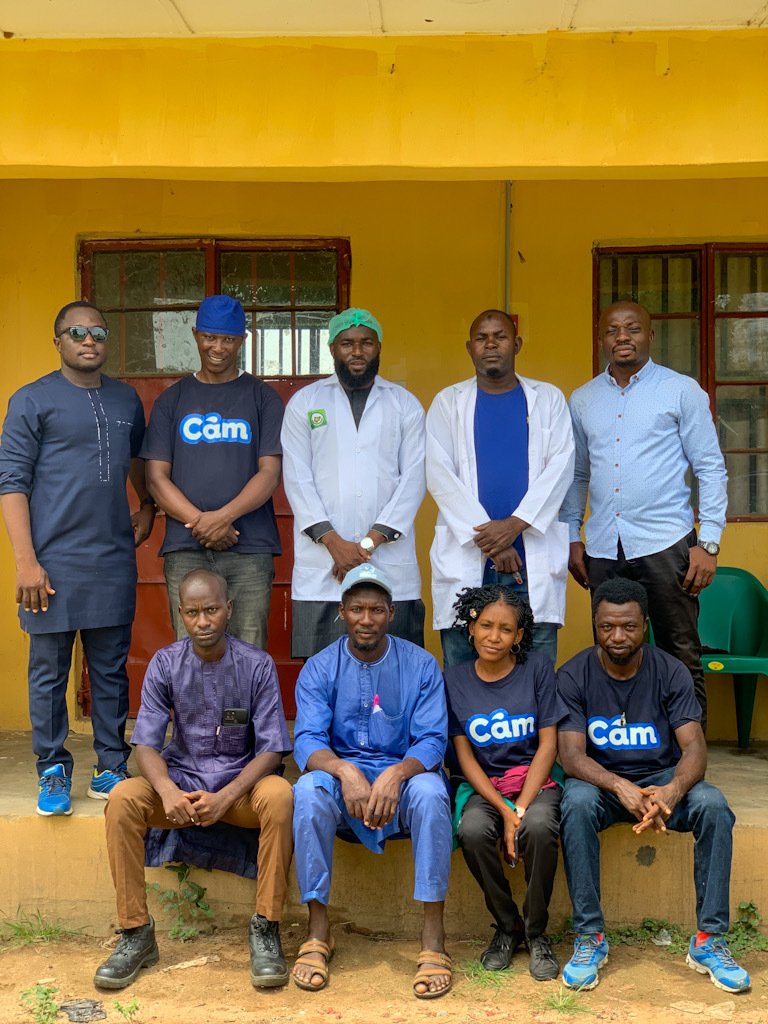
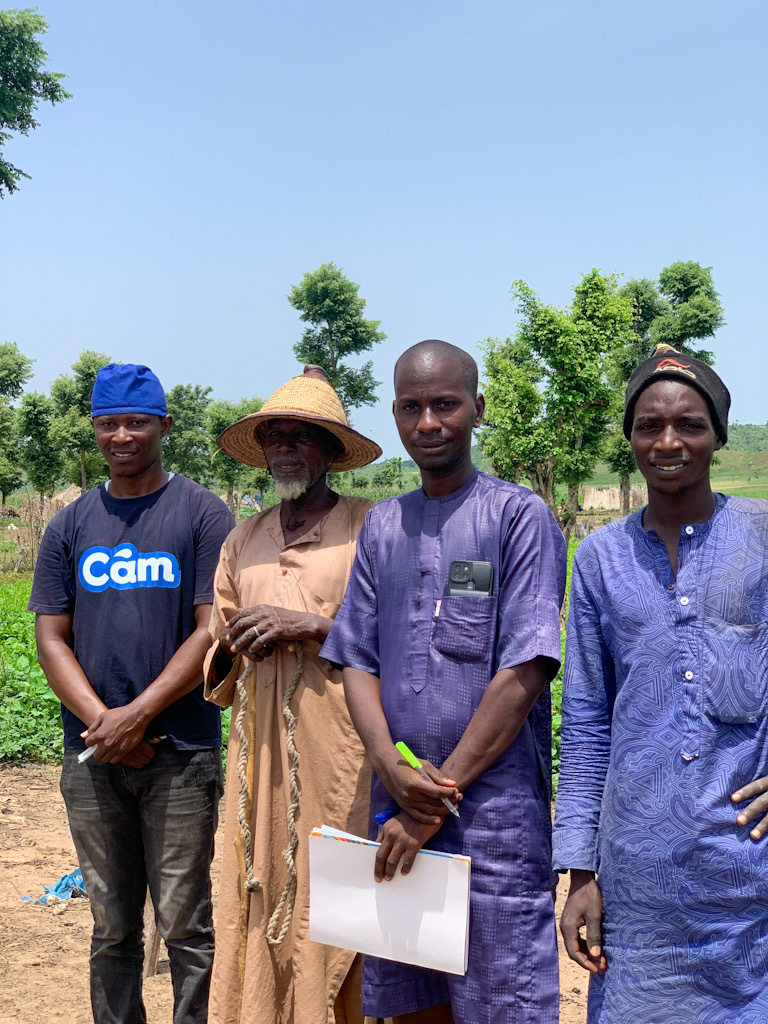
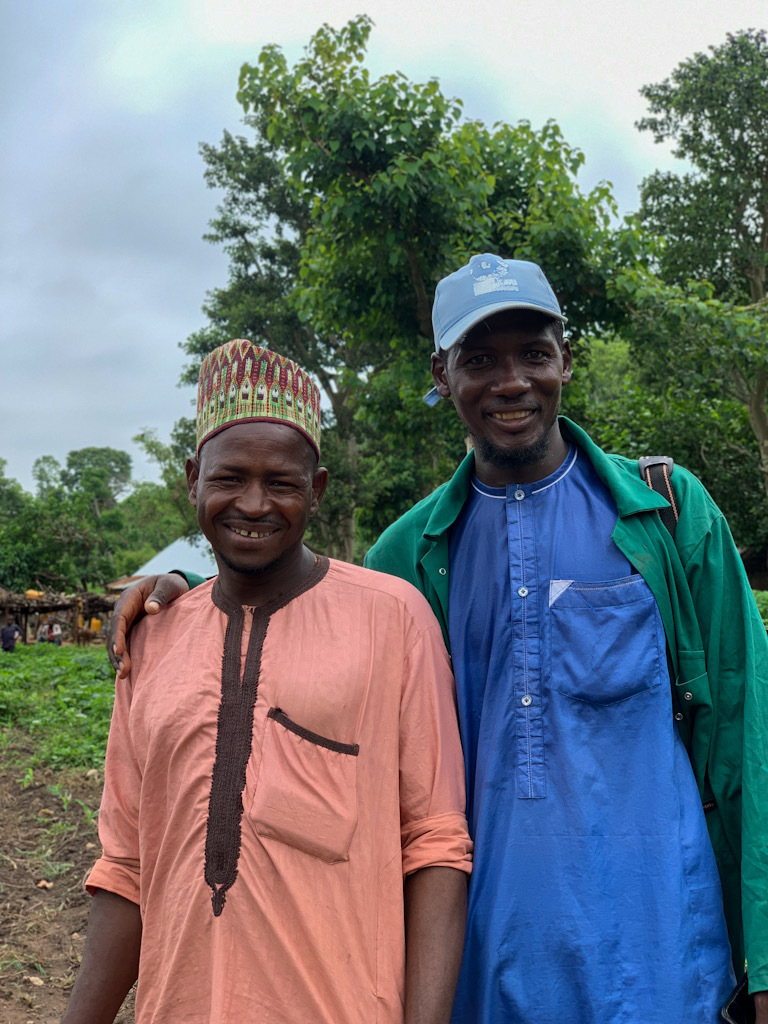
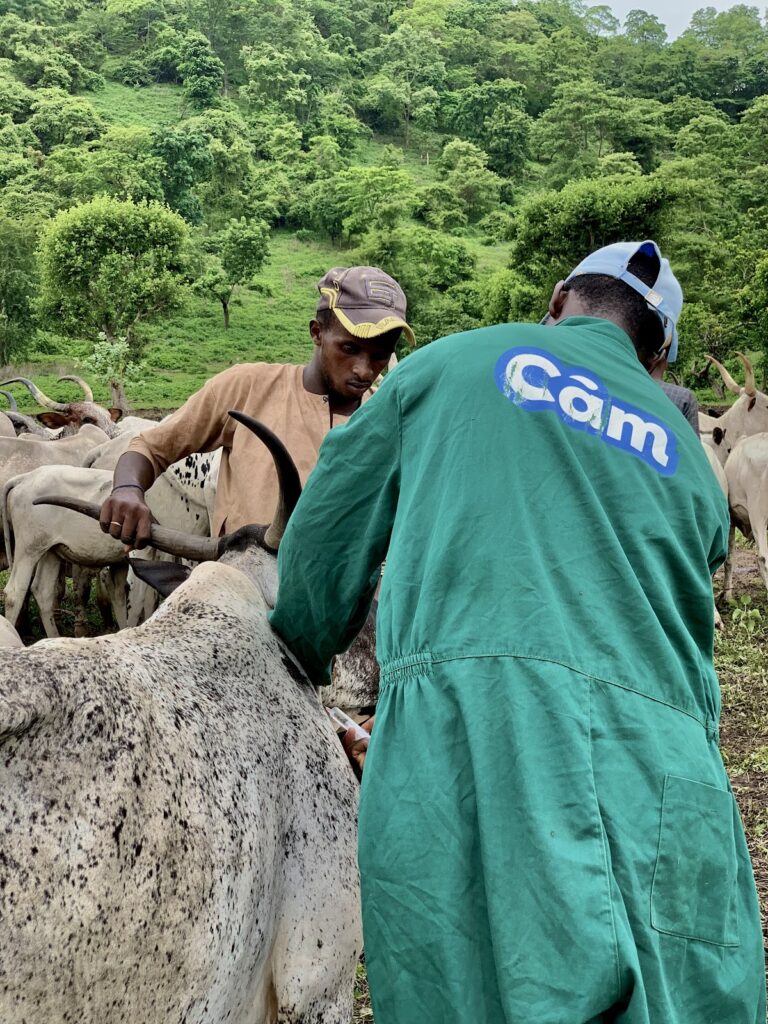
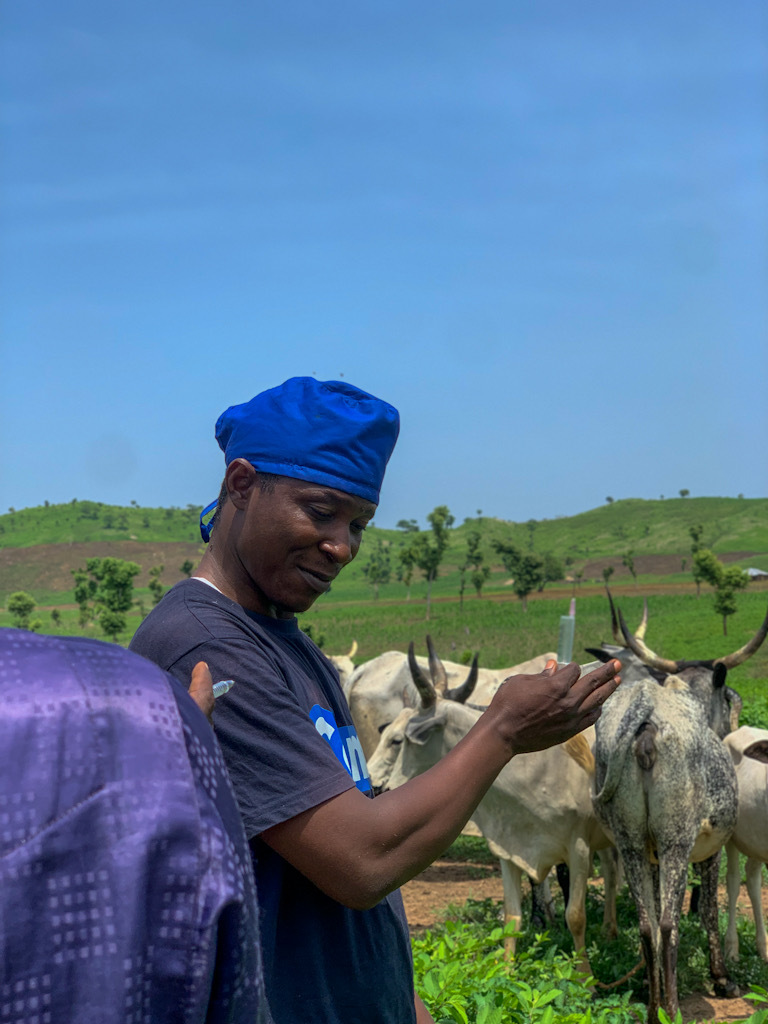
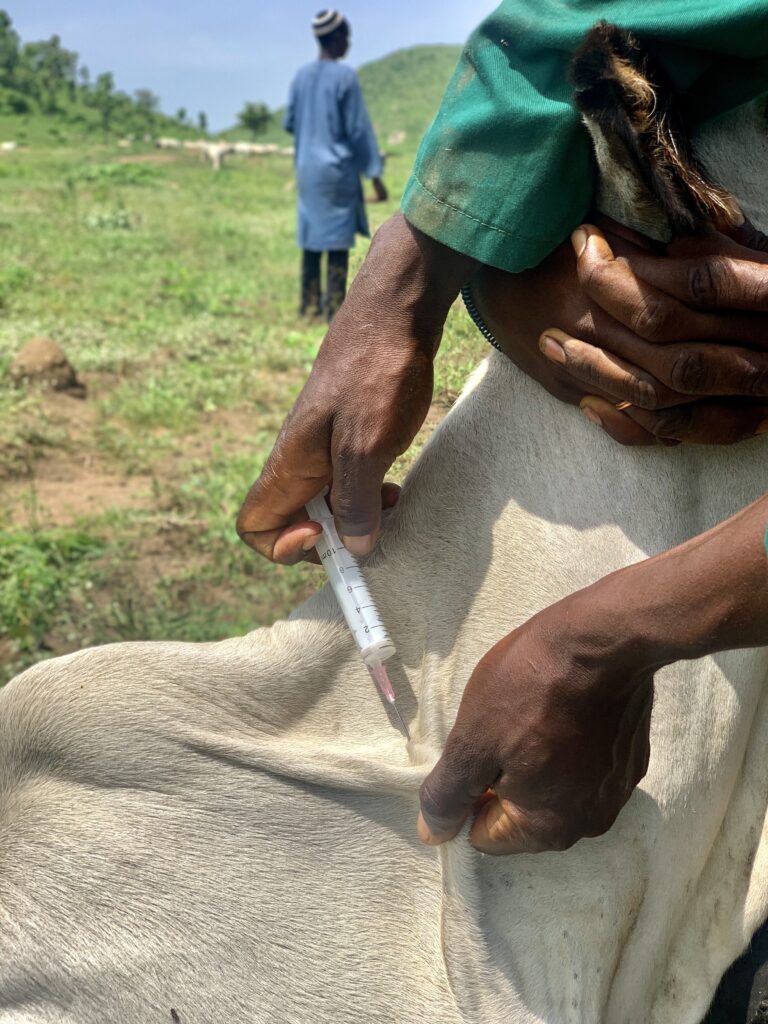
Our field team, led by Dr Musa Tanko, in partnership with Dr Jamilu Abdulmalik and Muhammed Abdullahi of the ARDS (Agricultural and Rural Development Secretariat), embarked on a three-day mission to vaccinate 1200 cows across the grazing reserve.
Giving free vaccinations is unsustainable. By the time we do this drive three times, we can create a new, sustainable culture within these communities.
– Gaddafi (Snr Field supervisor)
While a series of community engagements were done before the drive, most of the pastoralists we initially engaged were eager to participate. However, the moment they were asked to make an upfront payment, they declined. Historically, NGOs have provided free veterinary services and the idea of paying seemed strange to them. From cultural observations, the Fulbe pastoralists often expect a service to be completed before paying. With the help of the Cooperative Union in the community, we were able to build trust and encourage pastoralists to invest in our service.
For CBPP vaccinations to be successful, they need to be administered annually. The free services offered by the government have gaps and lapses. These inconsistent campaigns result in compromised immunity, which makes the cattle more susceptible to diseases. Câm’s model fosters a sense of ownership and responsibility that creates a self-sustaining culture around vaccinations and cow health.
It takes a village…
The vaccination process is no easy feat.
It takes seven men to hold down one cow.
Multiple this by 857 cows.
In total 37 pastoralists paid for about 1200 cows, out of which 71.4% of cattle were vaccinated successfully.
However, we encountered some challenges along the way.
Approximately 343 cows were left unvaccinated due to misalignment between the pastoralist’s cooperative union and some of its members.
Navigating the terrain proved to be another challenge. The pastoralist settlement in the reserve is dispersed into clusters across a radius of 7km. Now the rainy season is here, commuting from one point to another becomes more difficult, resulting in our team making several challenging river crossings to deliver vaccines.
Lastly, some of the supplied vaccines arrived expired with no batch number. If this was not caught early on, we could have had a vaccine failure or a vaccine break which risks causing the same disease we are trying to protect the cattle from.
The benefits beyond vaccination
Aside from the immediate benefits to the cows and our milk production, Câm’s campaign helped to strengthen trust between us and our pastoralist partners, giving us a shared purpose around the health of their cows. By actively engaging with pastoralists and encouraging their participation in healthcare initiatives, we’re empowering them to help us build a sustainable dairy industry in Nigeria.
This year, we plan to vaccinate a further 3000 cows and continue supporting the pastoralists we work with by providing them with the necessary tools, knowledge, and resources to ensure the long-term health and productivity of their cattle.
Highlights 🙌🏾
- 37 pastoralists participated in the Vax drive: 7 pastoralists were those who showed interest and paid upfront for the Vax while 30 pastoralists were from the co-op union.
- 857 cattle were Vaxed in total:156 cattle were from the seven pastoralists that paid upfront for Vax while 701 cattle were presented by the 30 pastoralists from the co-op union.
We achieved 71.4% (857) of our target (1200) for this phase of the Vax drive.
